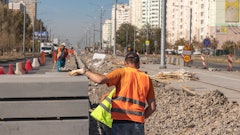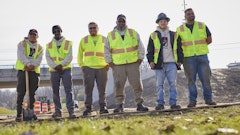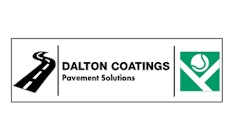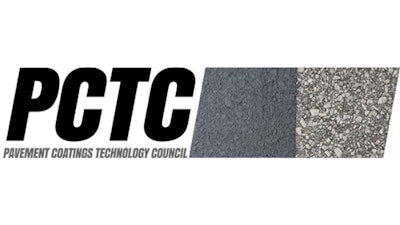
On December 14, 2020, the US Court of Appeals for the D.C. Circuit heard oral arguments in Pavement Coatings Technology Council (PCTC) v. United States Geological Survey (USGS), the lawsuit concerning PCTC’s painfully long and winding effort to obtain data underlying USGS publications about the fate of sealcoat in the environment. PCTC filed the Freedom of Information Act (FOIA) request that is contested in the judicial appeal in April 2011. That was just 2.5 years after PCTC re-organized from its previous structure as a university-based product research center to Washington-based trade association. The USGS’s “studies” precipitated the change because activists (including USGS and municipal employees) began a campaign/crusade urging local communities across the country to prohibit the use of refined tar-based sealants. At the time it was founded as a trade association in late 2008, PCTC faced several difficult challenges. The industry needed to respond to government bodies facing calls to ban its products with solid information about both the industry, sealants, and environmental impacts. Understanding the basis of USGS’s claims was essential to both PCTC’s response to these claims and designing its own studies of sealants in the environment. It was also essential to include both asphalt- and refined tar-based products in the program because the activists openly described their long-term goal as bans both petroleum- and coal tar-based products.
PCTC consulted with scientists to understand how the USGS reached its conclusions. It also sponsored research focused on sealant in the environment. Both the reviews of USGS papers and results of sponsored research led to many questions that could not be understood without further information from the USGS. And the USGS continued its program of advocacy research (advocacy research is “carried out with the intention of providing evidence and arguments that can be used to support a particular cause or position”) and continued to publish papers, which raised even more questions. To gain a deeper understanding of USGS’s conclusion, PCTC filed the FOIA request seeking data and other information related to three of the USGS studies. The USGS delivered thousands of pages of documents to PCTC, the bulk of which were raw laboratory data – useful, but not the data we’d requested. To obtain the data from the first study – the one conducted on parking lots in Austin, Texas - PCTC appealed in 2013 to the ethics committee of the American Chemistry Society (ACS) which had published the first sealant paper. This appeal was successful and ACS produced the data requested for the first study, but did nothing about data from the USGS modeling study or the paper on household dust. The data PCTC obtained for the first study revealed that the USGS had selectively included and excluded data – that’s a polite way of saying “manipulated data” – to implicate runoff from sealed parking lots in environmental contamination. An email PCTC found among the data USGS produced in its FOIA responses confirmed that the USGS data manipulation seemed to be intentional, not accidental.
The law makes it extremely difficult if not impossible to hold government employees or government agencies accountable. PCTC’s experience with attempting to obtain data from USGS for the purpose of testing the conclusions USGS reached in its published – something that is routine in the academic and private sectors (provide your data so others may test your hypotheses). PCTC has followed available programs and legal processes for correcting government-generated misinformation and the scientific record with mixed success. But here we are at the end of 2020 appealing the USGS decision to withhold scientific data formally requested by PCTC in 2011. Meanwhile, the USGS studies at issue continue to serve as the primary justification local governments have pointed at to ban or restrict the use of coal tar-based sealants while PCTC’s studies challenging these conclusions are rejected out of hand simply because they are “sponsored by industry.” After all, “if you can’t trust government scientists, who can you trust” is the often repeated refrain PCTC has heard from local governments justifying their decision to ban or restrict the use of coal tar-based sealants.
The US Court of Appeals is said to reach decisions more quickly than lower courts have done – it took the District Court judge three years to reach her decision. Lawyers have told PCTC that our persistence is quixotic but, based on insightful questions asked by the judges during oral arguments, we are hopeful.
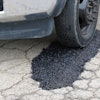


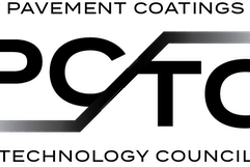
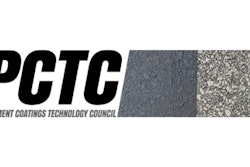
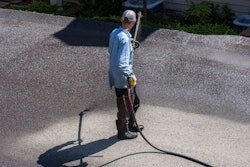




![Lee Boy Facility 2025 17 Use[16]](https://img.forconstructionpros.com/mindful/acbm/workspaces/default/uploads/2025/09/leeboy-facility-2025-17-use16.AbONDzEzbV.jpg?ar=16%3A9&auto=format%2Ccompress&fit=crop&h=135&q=70&w=240)


